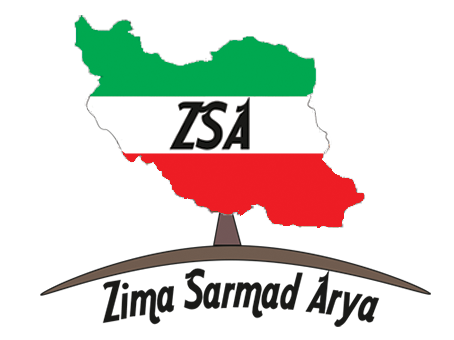♻️ Waste Collection and Transportation
Efficient and organized collection and transportation of waste are essential steps in sustainable waste management. Our system ensures that wet and dry waste are collected separately, using designated containers and vehicles, to enable optimal processing and recycling downstream. The following sections explain how we facilitate this process across the city.
🎒 Green Bags for Dry Waste
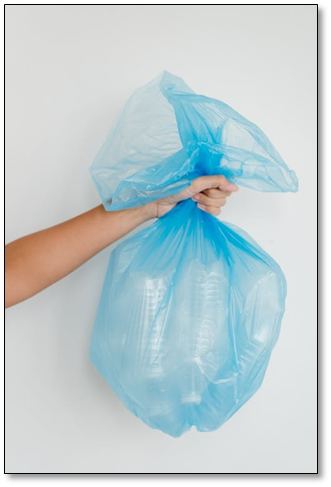
To encourage source separation, green-colored bags specifically designed for dry waste are distributed to citizens. These easily recognizable bags help waste collection teams identify and collect dry recyclables separately and efficiently.
🚛 Scheduled Wet Waste Collection
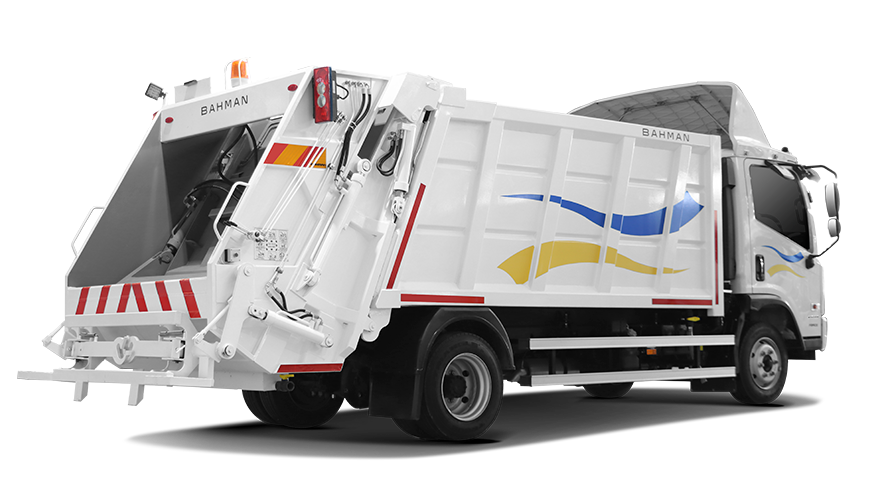
Wet waste is collected on designated days of the week using a dedicated fleet of collection trucks. Citizens can use any type of bag to dispose of their wet waste—there’s no requirement for special plastic bags. This approach reduces plastic consumption while improving community participation.
♻️ Dedicated Dry Waste Fleet
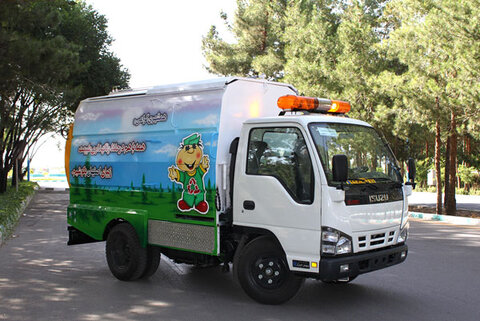
Dry waste is collected separately using dedicated vehicles and transported to sorting stations, where materials are prepared for further recycling and processing. This ensures the highest possible recovery of valuable materials.
🗑️ Mechanized Bins in Public Areas
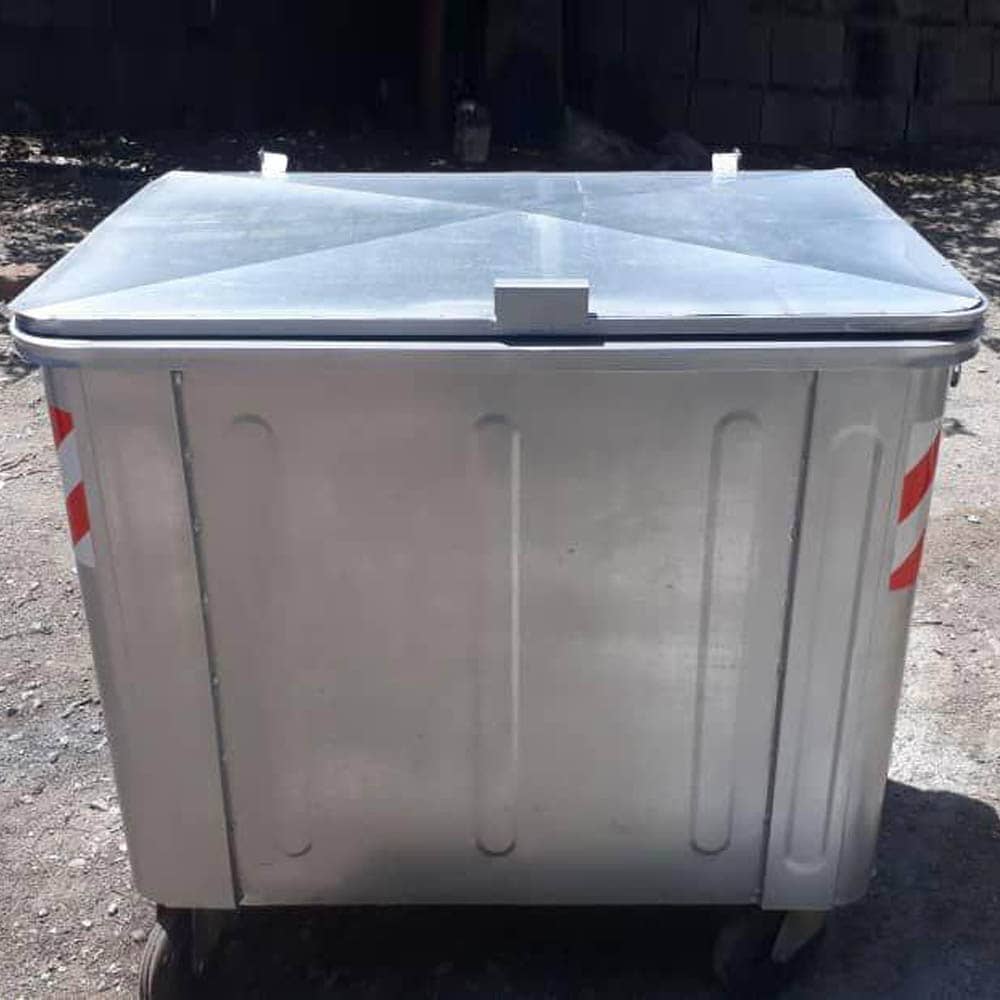

In main streets and high-traffic areas, large mechanized bins (ranging from 1,100 to 2,500 liters) are installed. These bins are equipped with secure lids and integrated leachate collection systems to minimize odor and environmental contamination. Waste from these bins is collected on schedule using specialized equipment and transferred to treatment facilities.
🏪 Dry Waste Exchange Kiosks
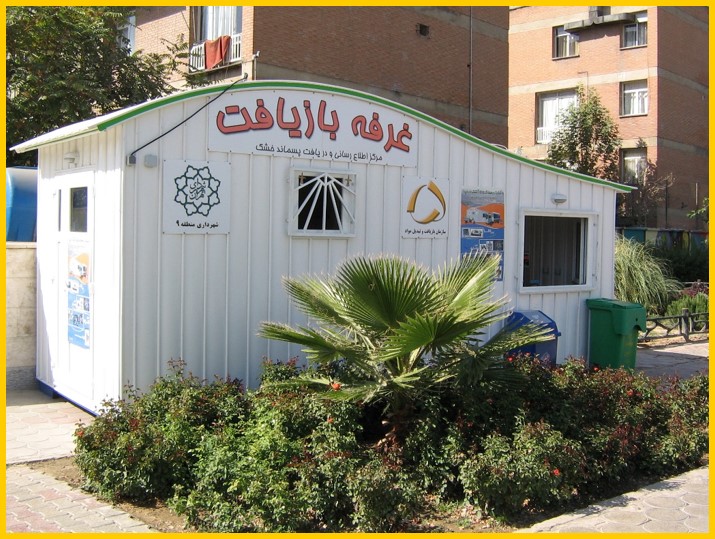
Across the city, special kiosks are placed where citizens can drop off their dry waste in exchange for useful items. Based on the volume and quality of the recyclables provided, residents can receive detergents, flower pots, or other essential goods. This incentive-based system promotes active participation in waste separation at source.
